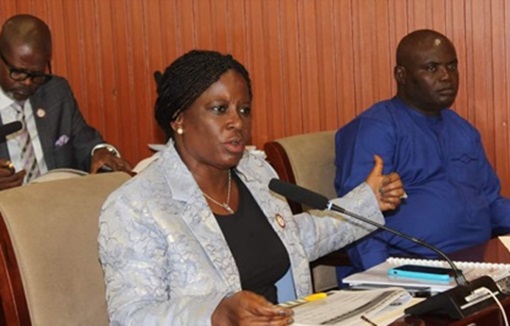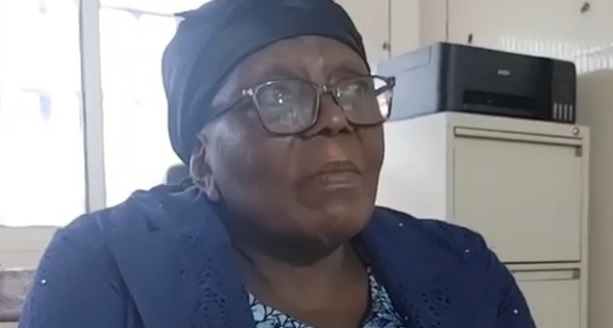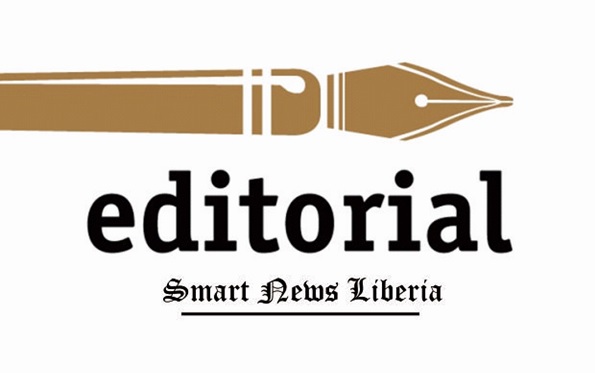MONROVIA – In a startling revelation, prominent activist Martin Kollie, who has recently returned to civil society advocacy, has uncovered significant financial irregularities surrounding a controversial Senate retreat held in Buchanan, Grand Bassa County. In a detailed Facebook post, Kollie disclosed that each senator received three checks amounting to $15,000 prior to the retreat. Kollie stated, “Before the retreat, each of them received 3 checks: US$10k, US$3k, and US$2k. This is 15k each Senator. Multiply by 30 = 450k. What did we tell you?”
Kollie further criticized the retreat’s expenditure, highlighting that Senator Nyonblee Karnga-Lawrence used her household staff to cater the event, while students from the University of Liberia remain out of school due to financial constraints. “SAD,” Kollie remarked, emphasizing the disparity between the lavish spending and the country’s poor economic conditions.
The retreat, which reportedly cost $700,000, has sparked widespread public outrage and criticism, especially given Liberia’s struggling economy. The involvement of lawmakers Abraham Darius Dillon and Amara Konneh, both of whom are known for advocating transparency, has only intensified public discontent. Accusations of their involvement in the corruption scandal have led to increased scrutiny and criticism.
Despite a press statement issued by the Senate, led by Senator Nyonblee Karnga-Lawrence, claiming that only $50,000 was spent on the retreat and providing a detailed breakdown of expenses, many Liberians remain skeptical. They question the credibility of the Senate’s account, doubting the integrity of the provided figures.
The scale of the alleged misappropriation of funds has raised questions about the governance and ethical standards of the Senate. The claim that $700,000 was spent on a retreat, in a country where basic services are often lacking, highlights a disconnect between the lawmakers and the needs of the citizens they represent.
Furthermore, Kollie’s revelations have put additional pressure on the Senate to justify their expenses amidst widespread economic hardship. The retreat’s budget, which could have been allocated to more pressing public needs such as education and healthcare, reflects poorly on the prioritization of public funds by the Senate.
The public’s response has been one of indignation and disappointment, particularly because the Senate’s actions appear to contradict their public declarations of fiscal responsibility and transparency. The involvement of well-known transparency advocates like Dillon and Konneh has only deepened the sense of betrayal among Liberians.
Kollie’s advocacy has shone a light on the broader issues of corruption and misuse of public funds in Liberia. His insistence on holding the Senate accountable serves as a reminder of the critical role that civil society plays in promoting good governance and accountability.
Moreover, the incident has sparked debates about the effectiveness of current anti-corruption measures in the country. Many are calling for more robust systems to ensure that public funds are managed properly and that those in power are held accountable for their actions.
The controversy has also led to calls for a thorough and independent investigation into the Senate’s expenditures. Transparency International Liberia and other civil society organizations have demanded that the government take immediate action to investigate these allegations and ensure that justice is served.
As the situation continues to unfold, it is clear that the Senate’s handling of the retreat and the subsequent allegations will have significant implications for Liberia’s political landscape. The need for greater transparency, accountability, and ethical governance has never been more apparent, and how the Senate responds to these challenges will likely shape public trust in the government for years to come.







